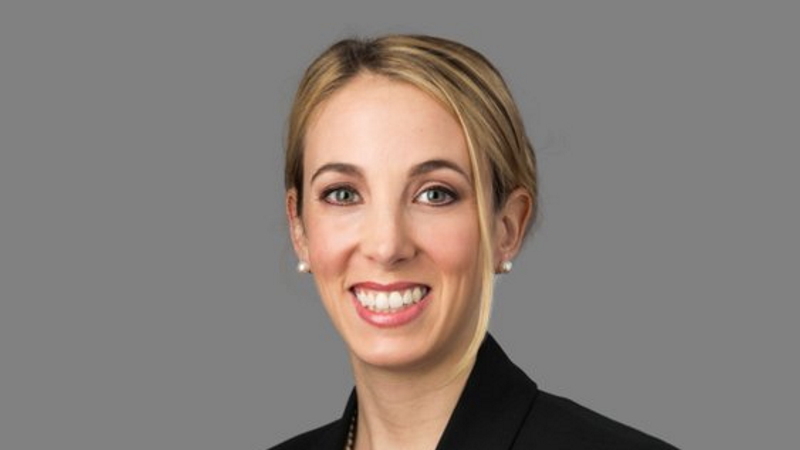The Jewish community in Houston and around the world are celebrating the start of their new year with a religious holiday called Rosh Hashanah and both local and national elected officials are recognizing the occasion.
Houston City Councilwoman Abbie Kamin (D-District C) took to Twitter to wish Jewish Houstonians a happy Rosh Hashanah.
"Shana Tovah U'Metukah! Here's to a healthy, happy and peaceful 5728," Kamin wrote in a tweet at the start of the holiday on Sept. 7.
One of the most important Jewish holidays, "Rosh Hashanah" translates into "the head of the year," and is celebrated for two days. This year's celebration runs through Sept. 8, according to USA Today.
"It's a time to reflect and evaluate, and to think about what you want to do differently and what you want to achieve in the upcoming year," Rabbi Charlie Schwartz, Hillel International's senior director of Jewish education, told USA Today.
Even President Joe Biden issued a Rosh Hashanah Proclamation. In a statement provided by the White House, Biden said Jewish communities are celebrating the birth of the world and commemorating the creation of humankind.
"That is the message and gift of the Jewish New Year – a reminder of our infinite capacity to transform our lives and begin anew. To partner with the Divine and our fellow human beings in the ongoing work of creation. To rebuild our communities through empathy, acts of kindness, and compassion, to seek repentance or teshuva, when we have fallen short of our values," Biden said in the statement.
Biden also said the holiday was a reminder that people can "bridge the gap" to help the world become a better place.
USA Today reported that the Jewish community celebrates the arrival of the new year by attending synagogue, eating foods such as apples and honey, and saying a prayer near a body of water.
Changes have been made in some synagogues since the pandemic, with some services requiring attendees to be vaccinated, wear masks or provide a negative COVID-19 test in order to participate in in-person services.

